It was a hot July afternoon. I was sitting in the office of an NGO in Dhaka, learning about their work to keep girls in school. My colleague traced a finger around a large swathe of the map of Bangladesh on the wall. “Here, here and here – every child marriage that has taken place here has its roots in a flood or a cyclone.”
Yesterday, as donors pledged USD 4 billion to the Global Partnership for Education, I was reminded of this map and those millions of girls whose lives were literally swept away by torrential rain, cripplingly poor families and a less-than value placed on their lives. As ministers from donor countries stepped to the podium, a commitment to gender equality ran through like a shining ore of gold. Norway, Spain, European Commission, Belgium, Canada, Germany, Finland, France, Ireland, Italy, Luxembourg, Netherlands, Sweden, UAE, UK, US and others…each representative pledged their commitment to gender equality in education. Many spoke movingly about the power of education to end gender inequality. They applauded GPE’s bold commitments on gender equality.
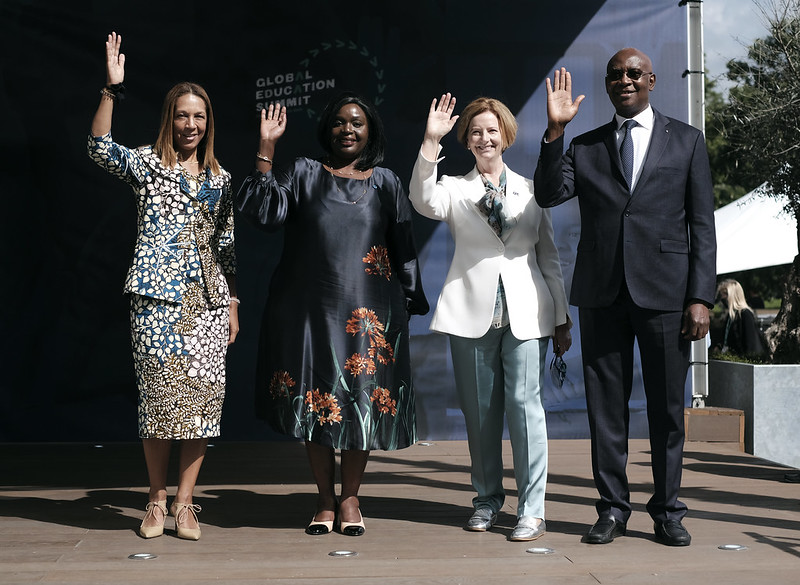
© GPE/Michael Knief
This commitment – from GPE and its donors – is timely and critical for three reasons.
First, girls still need additional support to go to school and stay in school, especially adolescent girls and girls with disabilities. The global movement for universal education has succeeded in establishing going to school as a norm. But this shift has been slower for girls. Globally, 15 million primary school age girls have never been to school versus 10 million primary school boys. Girls lag in secondary and upper secondary education in most developing countries. As research has begun to indicate, COVID 19 has increased this gap. It has put many girls at risk of not going back to school again. Imagine this: if 5% of girls in a community were at risk of dropping out because they were needed for household work, how many more will be at risk now after eighteen months of shouldering this work full-time? If abject poverty led to child marriage before the pandemic, what will we find in our next round of household surveys after millions of families having lost their incomes?
Second, it is precisely the girls who are left behind who need greater support because without it, the risks they face are enormous: child marriage, gender-based violence, trafficking, exploitation. These girls being in school doesn’t just protect them, it signals to their communities that they are of value, that their lives are worth more than the cost of a dowry or the income from trafficking.
But it is the third and final reason that is one that shifts the paradigm, the one that changes the world. It is this: the power of education to end gender inequality is not just in girls going to school, it is in using this universal and powerful platform to change harmful gender norms themselves.
Education, done right, can transform a girl’s life. And when a girl’s life is transformed, the lives of those she touches are transformed. Not because she will mother them but because she will be the role model that the community has never seen. She will be the reason the next girl can say, “She went to school. She turned out great. Let me go. I will be great too.”
What better space to question toxic masculinity than in the prized new school building in the village where children are coming to learn, fresh-eyed and proud, ready to grab with both hands this link between the old world and the new? What better tools to show women as leaders, scientists, doctors and astronauts than school textbooks? What could be a stronger government commitment to gender equality than targeting gender parity at all levels of teachers? Women teachers are critical for girls as role models but equally so for boys. At a time when their brains are making rapid-fire connections, we need boys to connect women with power.
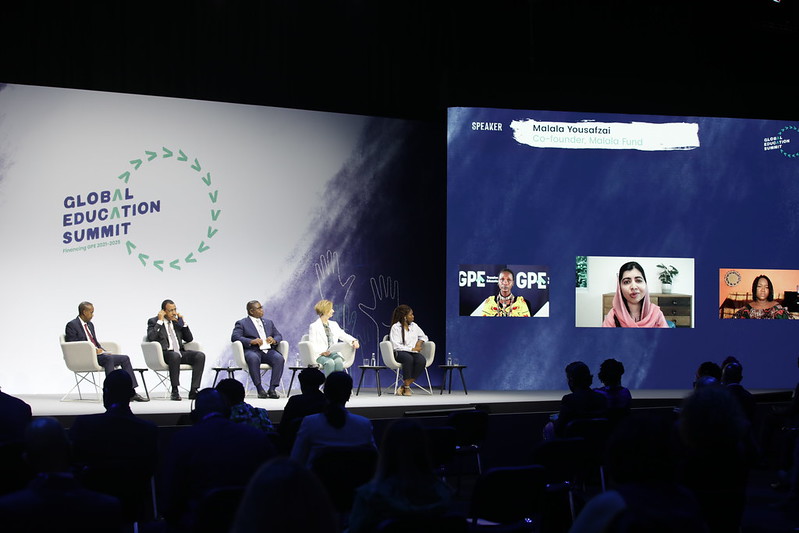
© GPE/Tom Whipps
In fact, we need parity at all levels of the Ministry because the evidence is clear that when there is parity in leadership, everyone does better. And we need the Ministry of Finance to fund this important work of the Ministry of Education: not just the chairs, tables and toilets, not just the teacher salaries and textbook publishing but the investment it will make to change the processes, change the budgets, change the people sitting around the table. To make mandatory the collection and reporting of sex, age and disability disaggregated data. To hire gender and equity experts so they can identify why girls in this province are the most likely to never enroll and boys in that one drop out before secondary. Why the attendance rates of children with disabilities has stagnated entirely and what it will take to talk about the needs of LGBTQI children at all. Answering these questions will make visible all those out-of-school children who are at risk of remaining invisible for the rest of their lives, especially to their national economies. More importantly, it will allow us to respond to their needs, help them find value in who they are and enable them to take their rightful place in the world. This is how gender equality builds more peaceful, tolerant and more just societies. By addressing the gendered vulnerabilities of every child.
The donors who have stressed the importance of gender equality in their pledges to GPE know this. And they are pledging their support to GPE because GPE does too. GPE’s 2025 strategy says: “GPE’s main goal is to accelerate access, learning outcomes and gender equality through equitable, inclusive, and resilient education systems fit for the 21st century” and lists as its first objective “strengthen gender-responsive planning and policy development for system-wide impact”.
The objective of that NGO in Bangladesh was to empower girls and 100% of its budget was used to keep girls in school. They were supported by donors but imagine how much more powerful the impact can be if this work is done by the Ministry of Education. And to support them in doing this work is the heart of the work GPE is rolling up its sleeves to do. We applaud you, GPE for this bold yet critical ambition. And we, along with all our partners, put ourselves at your disposal to support you in achieving it.
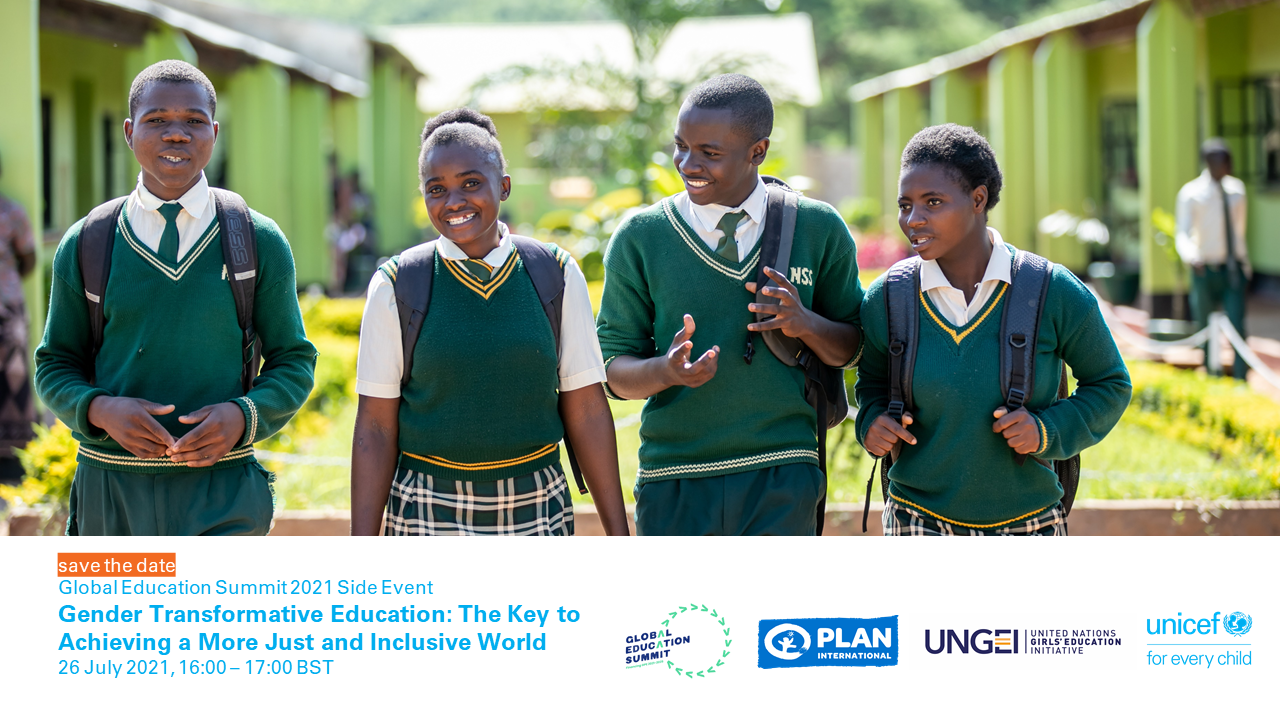
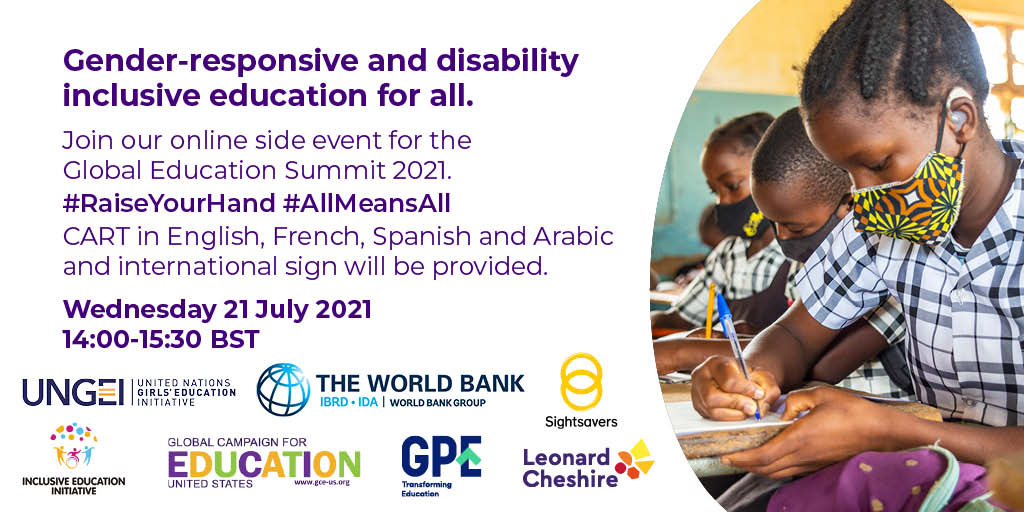
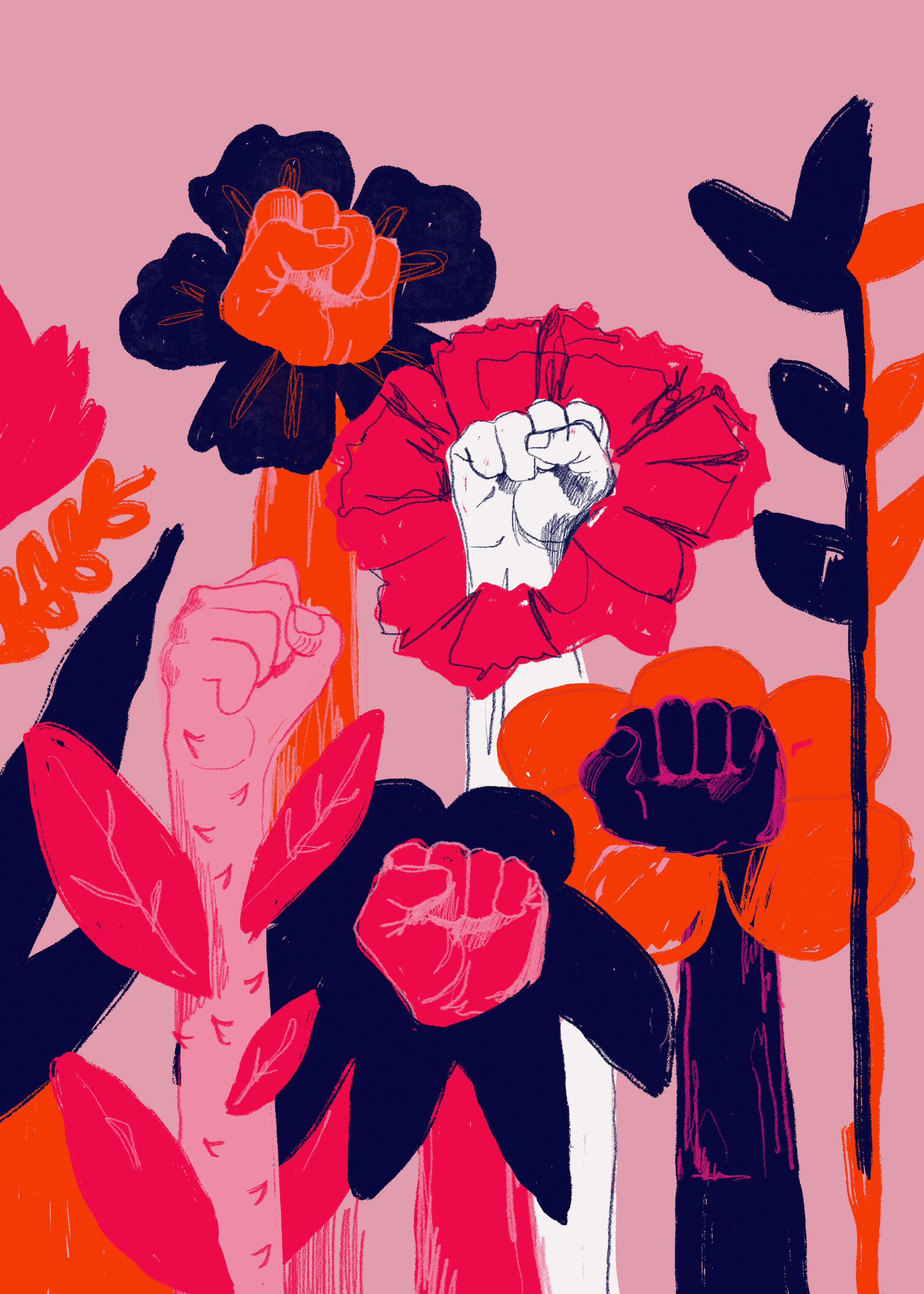
 English
English العربية
العربية Български
Български Hrvatski
Hrvatski Čeština
Čeština Dansk
Dansk Nederlands
Nederlands Suomi
Suomi Français
Français Deutsch
Deutsch Ελληνικά
Ελληνικά हिन्दी
हिन्दी Italiano
Italiano Română
Română Русский
Русский Español
Español Maltese
Maltese Zulu
Zulu አማርኛ
አማርኛ